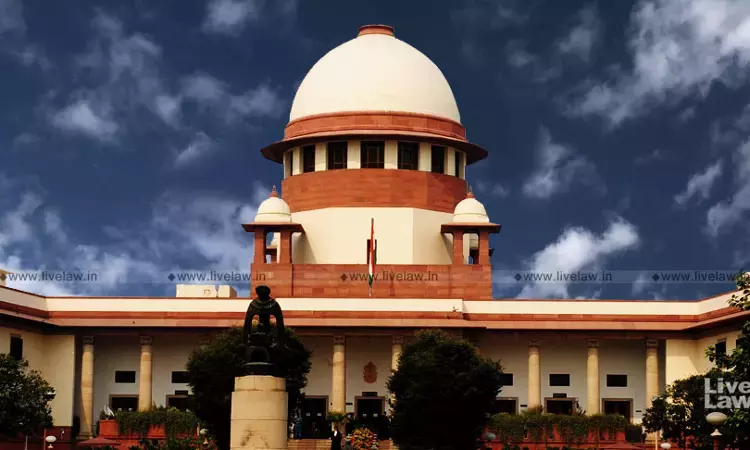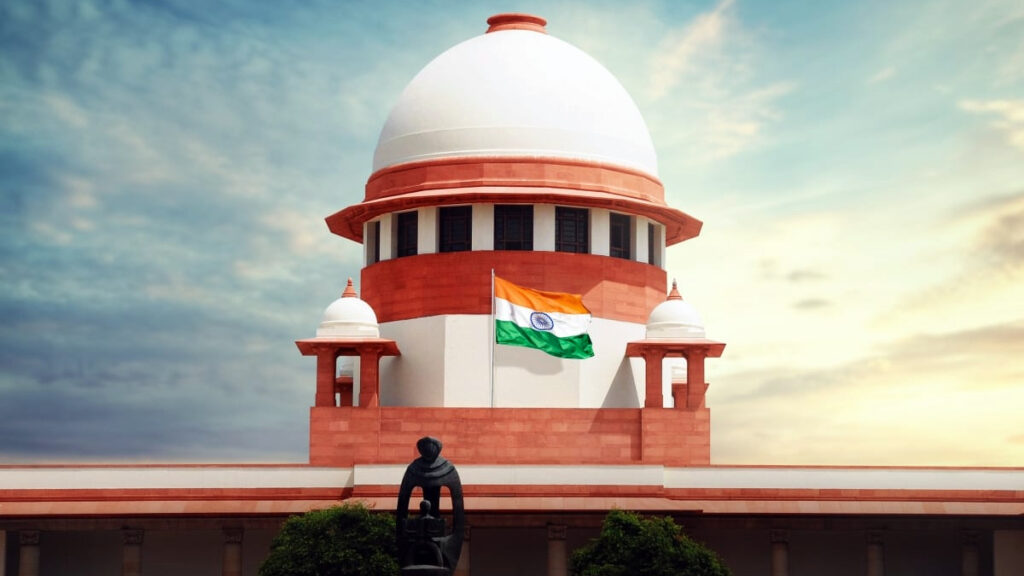
Allahabad High Court Declares ‘Kanyadan’ Not Mandatory for Hindu Marriages, Upholds Saptpadi as Essential Ritual
Last Updated on April 9, 2024 by News Desk
The Allahabad High Court has ruled that the ‘kanyadan’ ritual, a traditional Hindu wedding ceremony, is not essential for the solemnization of marriage under the Hindu Marriage Act.
The decision was prompted by a revision plea filed by Ashutosh Yadav, who contested a criminal case filed by his in-laws. Yadav argued that his marriage required a ‘kanyadan’ ceremony, which was allegedly not performed during the wedding.
The court determined that the absence of the ‘kanyadan’ ritual did not affect the validity of the marriage, emphasising that only the saptpadi (seven pheras) are necessary for a Hindu marriage.
The ‘kanyadan’ ritual, deeply rooted in Vedic tradition, involves the bride’s family offering their daughter to the groom in the presence of the sacred fire. While some argue that the ritual is outdated and patriarchal, others believe it holds symbolic value in celebrating equality and mutual respect.
Bollywood actress Dia Mirza notably omitted the ‘kanyadan’ and bidaai rituals from her wedding ceremony, advocating for women to assert their agency and redefine traditional norms.




